Answering the call
Guterres, when briefing reporters on Monday at the UN headquarters in New York, emphasized the urgent need to interrupt the perilous progression of global warming before a "critical tipping point" is encountered, the Xinhua News Agency reported.
The UN chief cited the "profoundly shocking" speed at which ice is melting in Antarctica - three times faster than the rate in the early 1990s.
At the COP28, global leaders must break the vicious cycle - accelerated heating as ice diminishes and more extreme weather, the UN chief stressed.
The global inventory, a key agenda of the conference, could be a departing point for the international community to focus on action and cooperation and create more favorable conditions for the global response to climate change, analysts said.
Xia Yingxian, director of the Department of Climate Change under China's Ministry of Ecology and Environment, said the inventory should include a comprehensive summary of the experiences and positive effects of global cooperation in addressing climate change, including the development of new energy, Shanghai-based news portal website The Paper reported on Monday.
It should also evaluate the progress, shortcomings, and gaps in implementing the Nationally Determined Contributions (NDCs) by 2020 and summarize the lessons learned from the gaps in support provided by developed countries in terms of funding, technology, and capacity building, Xia said.
Despite the US-initiated rivalry with China, the two countries are cooperating on the climate front. According to Xia, China and the US will hold a "methane and non-carbon dioxide greenhouse gas summit" with the UAE chair at the COP28.
Ma Jun, director of the Beijing-based Institute of Public and Environmental Affairs, told the Global Times on Tuesday that China has been implementing its carbon goals in a steadfast and planned manner, with the hope of reaching carbon peak ahead of 2030.
China is set to double its capacity and produce 1,200 gigawatts of energy through wind and solar power by 2025, reaching its 2030 goal five years ahead of time, according to a report by Global Energy Monitor, a San Francisco-based NGO.
According to official data, non-fossil energy accounted for 17.5 percent of energy consumption in China. By the end of June 2023, the number of new-energy vehicles (NEVs) in the country reached 16.2 million, accounting for more than half of the world's NEVs.
China's actions to address climate change have not only promoted the country's green and low-carbon development, but also made important contributions to addressing global climate change, analysts said.
China is the major provider of solar capacity to other countries, producing 75 percent of the world's photovoltaic capacity. Its export of photovoltaic products crossed $51 billion in 2022, up 80 percent year-on-year.
The country has also been working to boost the green development of the China-proposed Belt and Road Initiative (BRI) with global partners.
"The Al Dhafra PV2 Solar Power Plant is the world's largest single PV project and an important project of Belt and Road cooperation in the area of green energy," and "China is a doer in advancing global climate governance. We have not only built the world's largest clean power generation network, but also provided support and assistance in this regard to other developing countries to the best of our capability," Wang Wenbin said at the press conference on Tuesday.








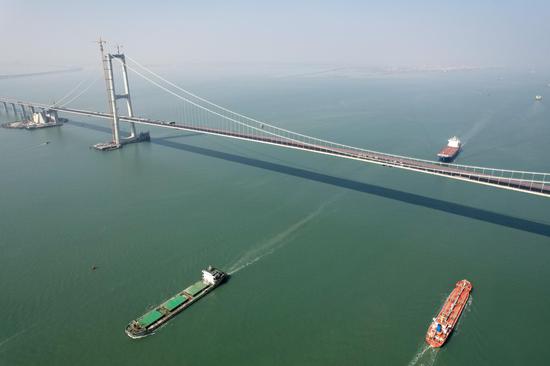


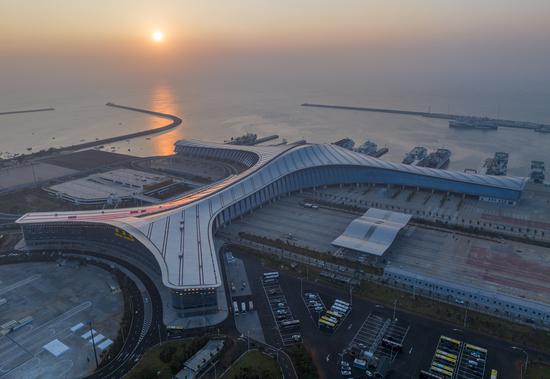




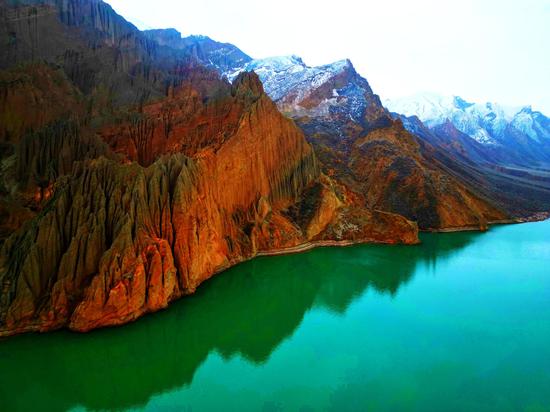




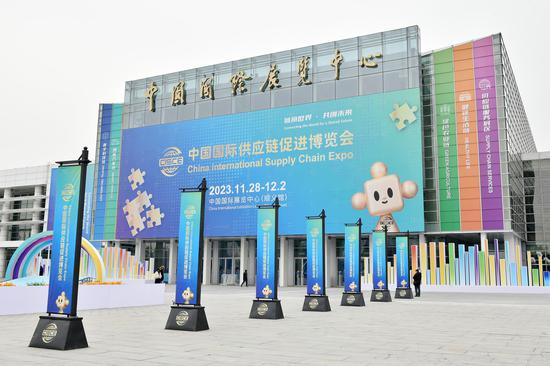
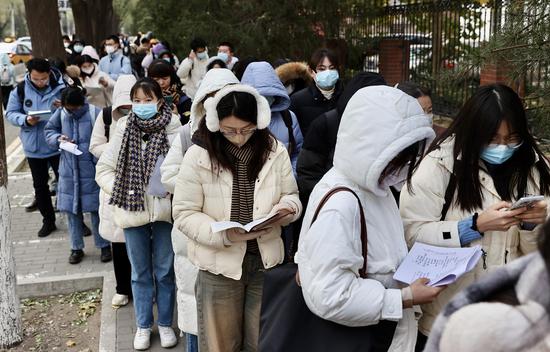
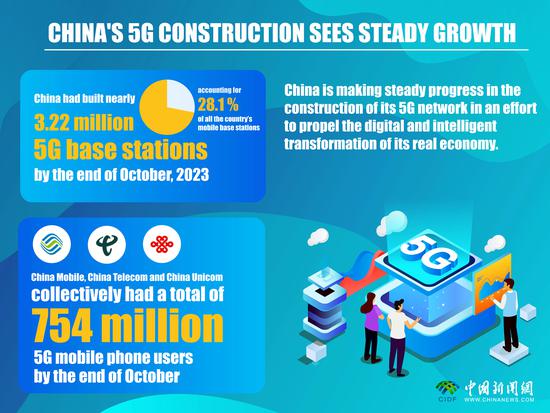




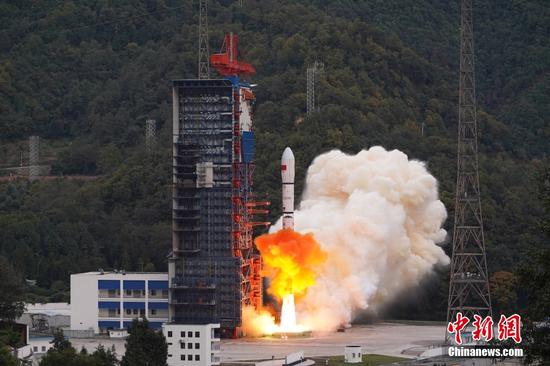







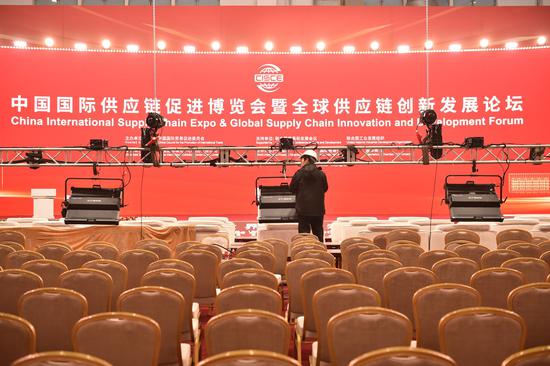

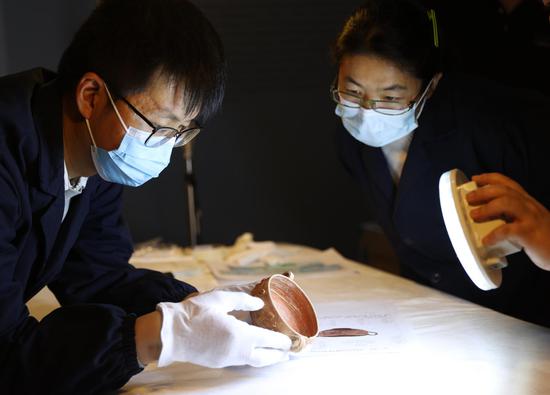





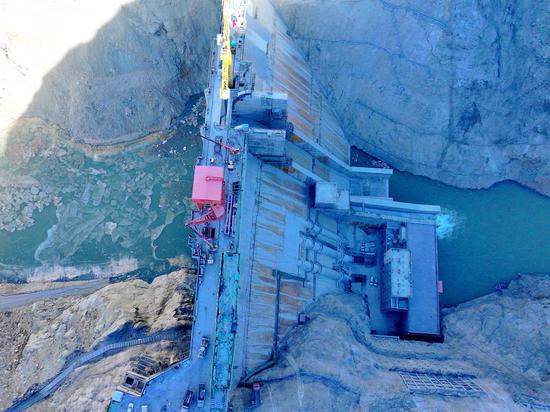





 京公网安备 11010202009201号
京公网安备 11010202009201号